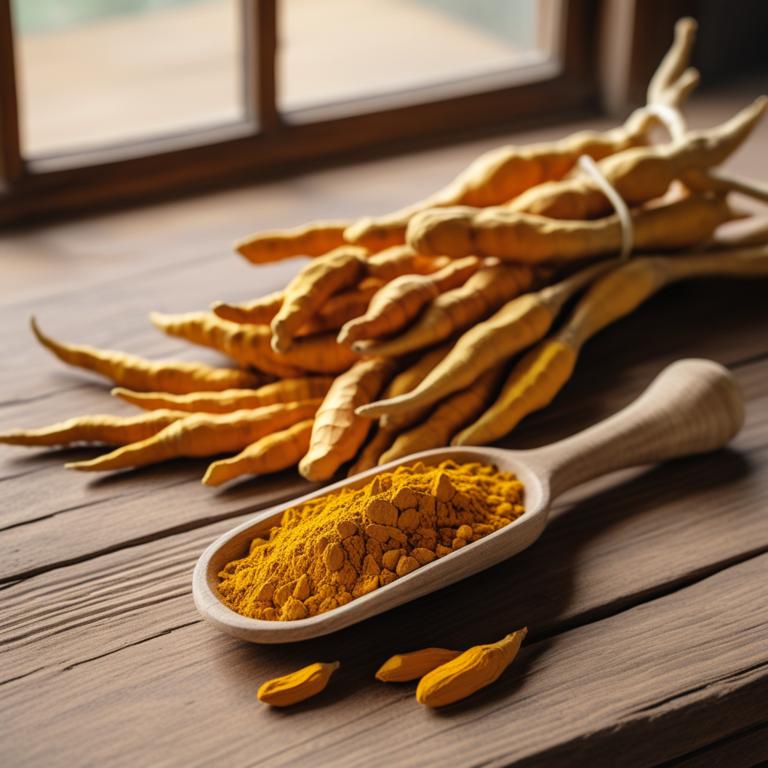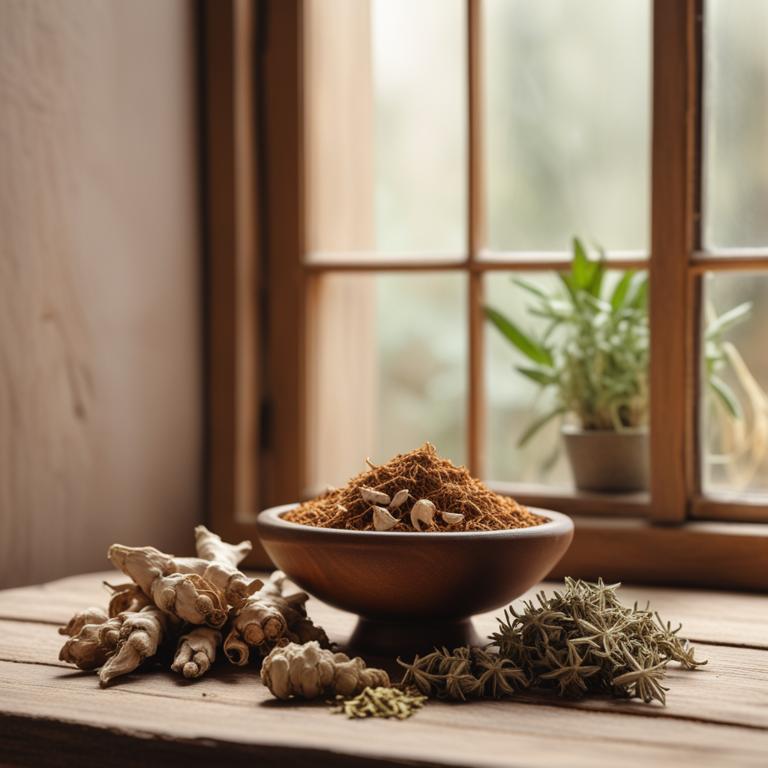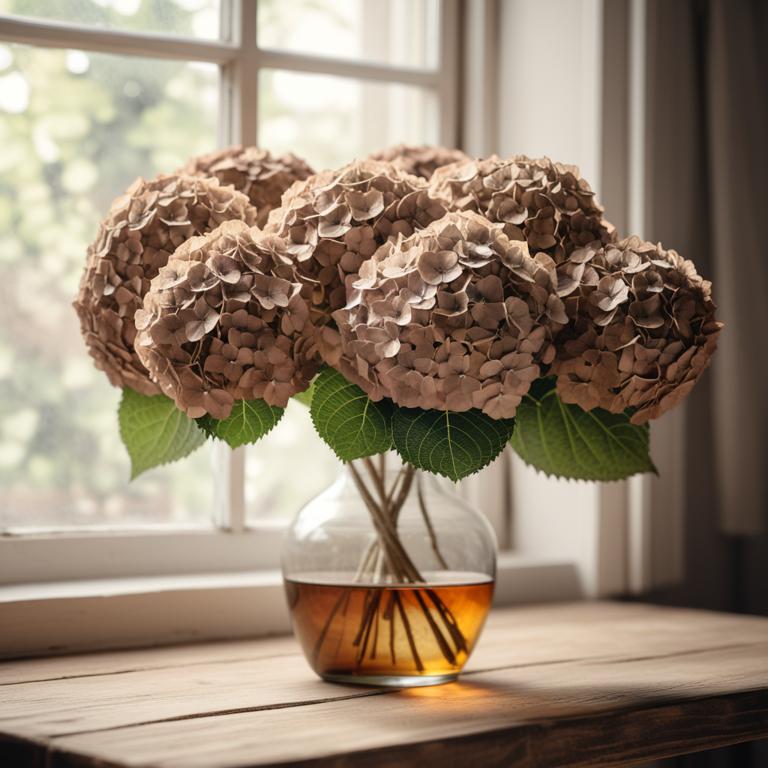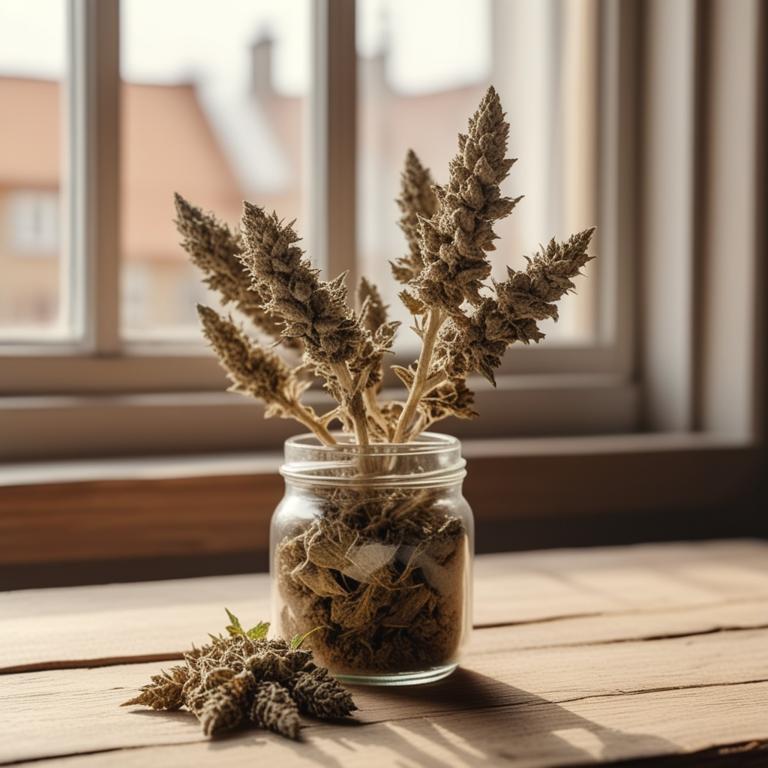Updated: Dec 1, 2024
Causes and Treatment Options for Overactive Bladder Using Medicinal Herbs and Herbal Preparations
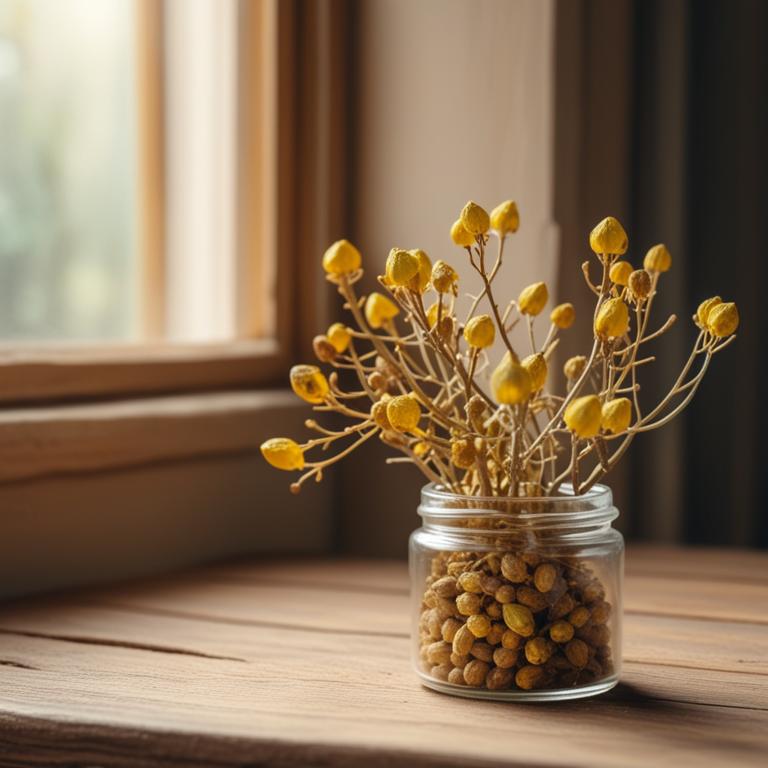
Overactive bladder is a condition where the bladder muscle contracts too often, causing sudden and strong urges to urinate.
This can lead to frequent trips to the bathroom, sometimes at inconvenient times, and may even result in accidents, especially at night. It's not just a minor annoyance - it can also affect a person's self-esteem and daily life, making it hard to sleep, work, or enjoy activities with friends and family. The causes of overactive bladder are not always clear, but they can include factors like weak bladder muscles, nerve damage, and certain medical conditions. Hormonal changes, particularly during menopause, can also contribute to the problem.
Some herbal remedies have been used to help alleviate overactive bladder symptoms. Herbs like uva ursi, horsetail, and marshmallow root are said to have anti-inflammatory properties that may help soothe and strengthen the bladder muscles. Other herbs, such as saw palmetto and stinging nettle, are believed to support bladder health and reduce inflammation. These herbs can be consumed in various forms, including teas, capsules, and tinctures. Drinking a tea made from uva ursi or horsetail may be a convenient way to get the benefits, or you can try taking a capsule or tincture containing a combination of herbs.
It's essential to talk to a healthcare professional before trying any new remedies, especially if you're already taking medication or have other health conditions.
Table of Contents
- What causes overactive bladder problems?
- What are the advantages of using herbs in the management of overactive bladder?
- What are the main medicinal herbs prescribed for overactive bladder?
- What herbal treatments are most often used for overactive bladder?
- What herbs should you steer clear of if you have an overactive bladder?
- FAQ
What causes overactive bladder problems?
The main causes of overactive bladder are complex and can vary from person to person.
Neurogenic Bladder is one cause, which occurs when the nerves that control the bladder are damaged or disrupted. This can lead to a loss of bladder control and an inability to hold urine. For example, people with multiple sclerosis or Parkinson's disease may experience Neurogenic Bladder due to nerve damage. Age is another significant factor, as the risk of developing overactive bladder increases with age. As we get older, the muscles in the bladder and urethra can weaken, making it harder to control urination.
This can be due to various factors, such as hormonal changes, decreased physical activity, or underlying medical conditions. Diabetes is also a contributing factor to overactive bladder. High blood sugar levels can damage the nerves that control the bladder, leading to symptoms like frequent urination, urgency, and incontinence. People with diabetes may experience nerve damage over time, which can affect bladder control. Spinal Cord Injury (SCI) is another cause of overactive bladder, which occurs when the spinal cord is damaged, disrupting the nerves that control the bladder. This can lead to a loss of bladder control and a lack of sensation in the bladder, making it harder to know when it's full.
SCI can occur due to various reasons, such as accidents, falls, or birth defects.
What are the advantages of using herbs in the management of overactive bladder?
Using herbs for overactive bladder can provide several benefits.
One of the main advantages is improved bladder control. These herbs can help to calm the bladder muscles, reducing the need to urinate frequently. This can be especially helpful for people who get up multiple times at night to use the bathroom.
Herbs can also help to reduce inflammation in the bladder, which can cause discomfort and pain. Additionally, some herbs have natural diuretic properties, which can help to increase urine production and reduce the risk of urinary tract infections. This can make it easier to manage symptoms and improve quality of life.
Some people may also experience reduced anxiety and stress related to their bladder issues, as these herbs can have a calming effect on the body.
What are the main medicinal herbs prescribed for overactive bladder?
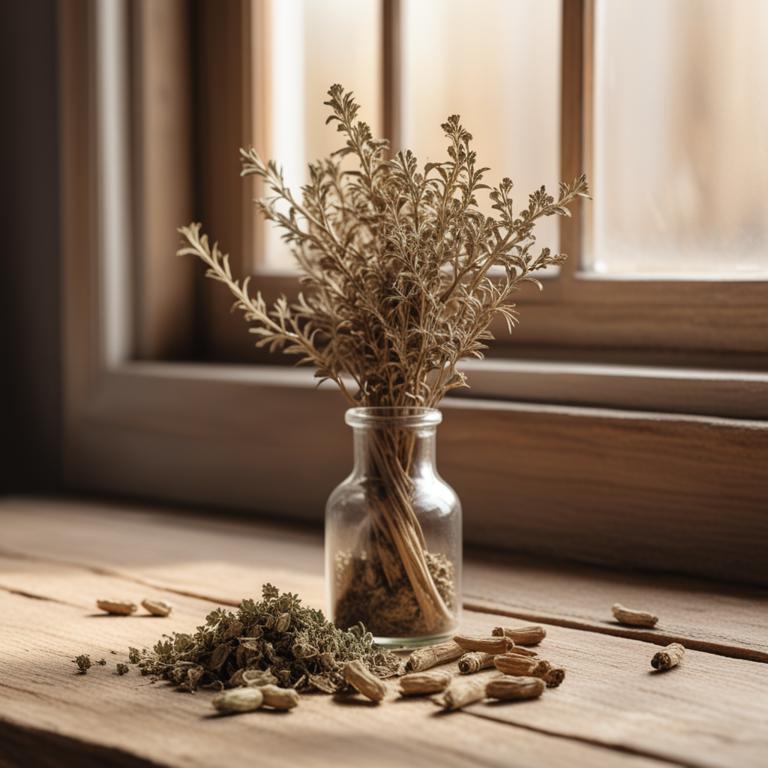
Herbs can be a great natural way to help with overactive bladder.
One of the key herbs is Glycyrrhiza glabra, also known as licorice root. It helps soothe the bladder muscles and reduce inflammation, making it easier to control urination. Another herb, Crataegus monogyna, or hawthorn, is often used to calm the nervous system, which can help reduce the frequency of trips to the bathroom.
Urtica dioica, or stinging nettle, is a natural diuretic that helps flush out excess fluids from the body, reducing the pressure on the bladder. Turmeric, or Curcuma longa, has anti-inflammatory properties that can help calm the bladder and reduce pain. Finally, Lavandula angustifolia, or lavender, is often used to calm the nervous system and promote relaxation, which can help reduce the frequency of bladder spasms.
These herbs work together to help calm the bladder, reduce inflammation, and promote relaxation, making them a useful addition to a treatment plan for overactive bladder.
What herbal treatments are most often used for overactive bladder?
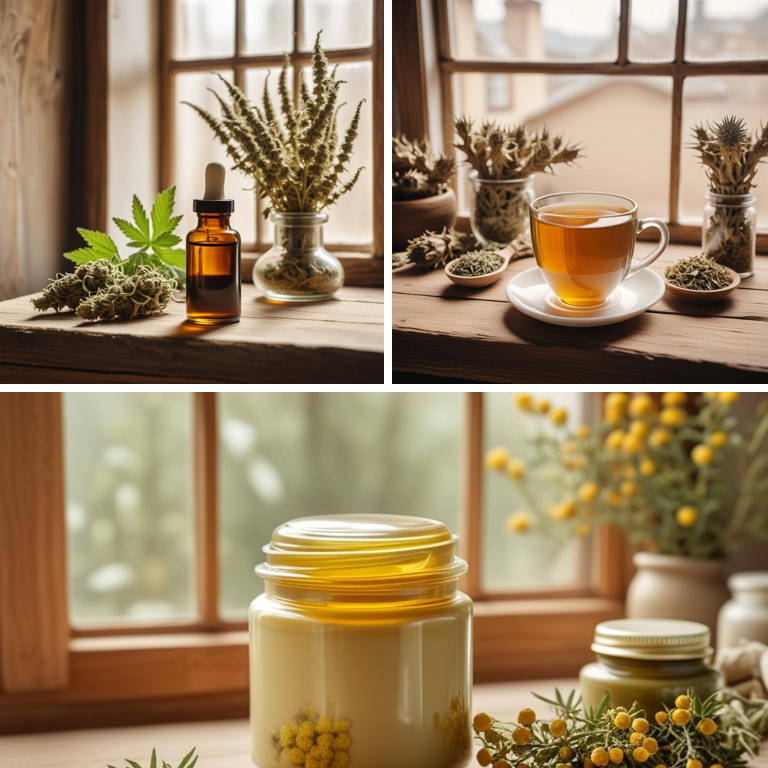
Herbal preparations can be helpful for overactive bladder because they have natural properties that calm the bladder muscles and reduce urine production.
One way to use herbs is through a decoction, which involves steeping dried herbs in hot water to extract their active compounds. This method is good for herbs like uva ursi, which has been shown to reduce inflammation and spasms in the bladder. A tincture is another way to use herbs, which involves soaking herbs in a solvent like alcohol to create a concentrated liquid. Tinctures can be more easily absorbed into the body than decoctions, making them a good option for herbs like saw palmetto, which has been found to help regulate bladder function. Herbal teas are also a popular choice for managing overactive bladder.
They can be made by steeping fresh or dried herbs in hot water, and are often more gentle on the body than other preparations. Herbs like marshmallow root and corn silk are commonly used in teas because they have anti-inflammatory properties that can help soothe the bladder. An infusion is similar to a tea, but it involves steeping herbs in cold or room-temperature water rather than hot water. This method is gentler on the herbs and can be a good option for delicate herbs like chamomile, which can help calm the bladder muscles. Topical creams can also be used to help manage overactive bladder symptoms.
These creams are applied directly to the skin and can be made with herbs like aloe vera or witch hazel, which have anti-inflammatory properties that can help soothe the skin and reduce irritation.
Additional Resources:
- 9 herbal teas for overactive bladder
- 7 herbal tinctures for overactive bladder
- 9 herbal creams for overactive bladder
What herbs should you steer clear of if you have an overactive bladder?
If you have an overactive bladder, it's a good idea to be careful with certain herbs that can make things worse.
One of these herbs is Cinchona officinalis, which is a stimulant that can increase urine production and make you need to go to the bathroom more often. This can be especially problematic if you already have trouble controlling your bladder. Another herb to watch out for is Valeriana officinalis, which is often used to calm people down, but it can also have the opposite effect on your bladder. In some cases, it can make you need to urinate more frequently, and its sedative properties can actually make you feel more anxious about your bladder issues.
Ephedra sinica is a stimulant herb that can increase urine production and worsen overactive bladder symptoms. It works by increasing your heart rate and blood pressure, which can also lead to more frequent urination and incontinence. Pausinystalia johimbe is another herb that you should be cautious with if you have an overactive bladder. It's a stimulant that can cause your bladder to contract more frequently, leading to more trips to the bathroom and incontinence. Catha edulis, also known as khat, is a stimulant herb that can increase urine production and make you need to go to the bathroom more often.
Its effects can be similar to caffeine, but with more severe and unpredictable side effects, making it a particularly problematic herb for people with overactive bladder.
FAQ
Are there any specific herbs that can prevent overactive bladder?
Some herbs, like saw palmetto and uva ursi, may help with overactive bladder.
Saw palmetto is thought to strengthen bladder muscles, while uva ursi is believed to reduce inflammation and bacteria growth in the bladder.
These herbs are sometimes used to alleviate symptoms, but their effectiveness can vary from person to person.
Is it safe to use herbal remedies for overactive bladder during pregnancy?
Using herbal remedies for overactive bladder during pregnancy is not a good idea.
Some herbs can cause contractions and affect the baby's development. For example, pennyroyal and blue cohosh can be very dangerous.
If you're experiencing bladder problems, your doctor may recommend other safe options, like lifestyle changes and medication.
Are there any herbs that can reduce the frequency of overactive bladder?
Some herbs may help reduce the frequency of overactive bladder.
Cranberry, for example, has been studied for its potential to improve bladder control. Sage and uva ursi are also being researched for their possible benefits in managing overactive bladder symptoms.
These herbs are thought to help relax the bladder muscles.
Related Articles
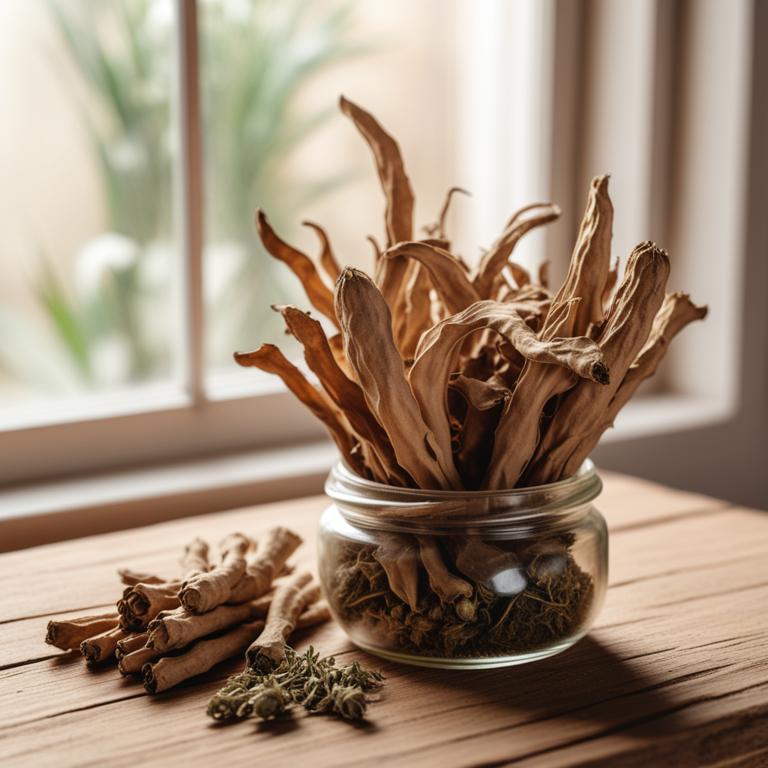
Benign Prostatic Hypertrophy: Understanding Causes and Herbal Preparations for Relief
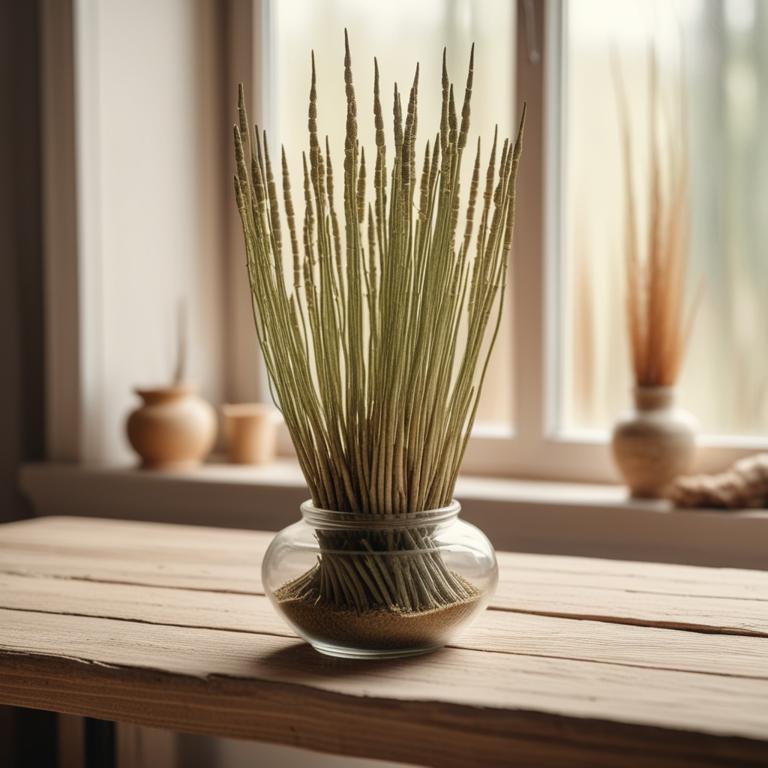
Causes of Bladder Pain and Effective Herbal Preparations
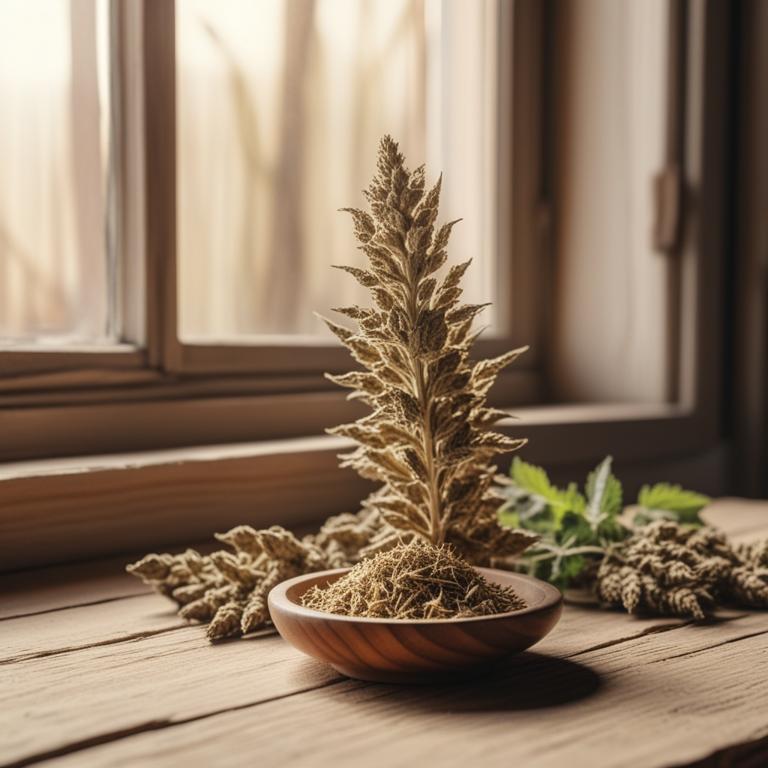
Prostate Inflammation: Understanding Causes and Exploring Medicinal Herbal Options
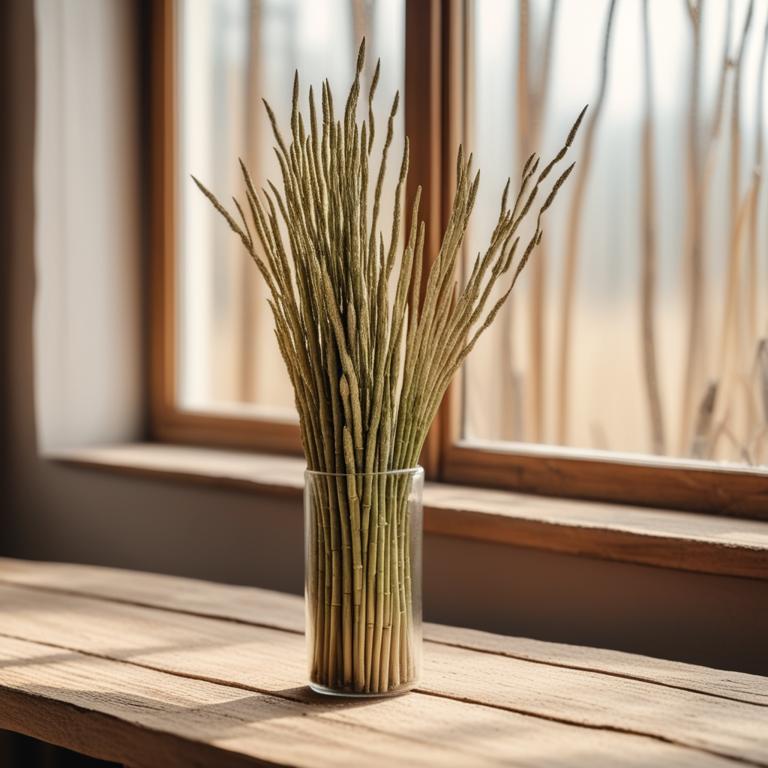
Hematuria: Exploring the Causes and Effective Herbal Remedies for Relief
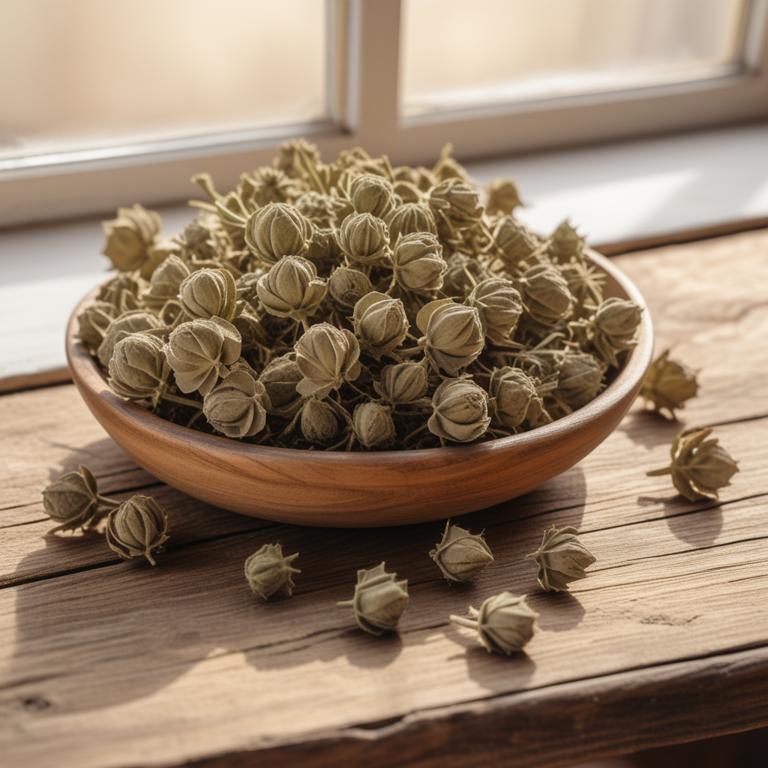
Urinary Calculus: Natural Causes, Herbal Remedies, and Prevention
